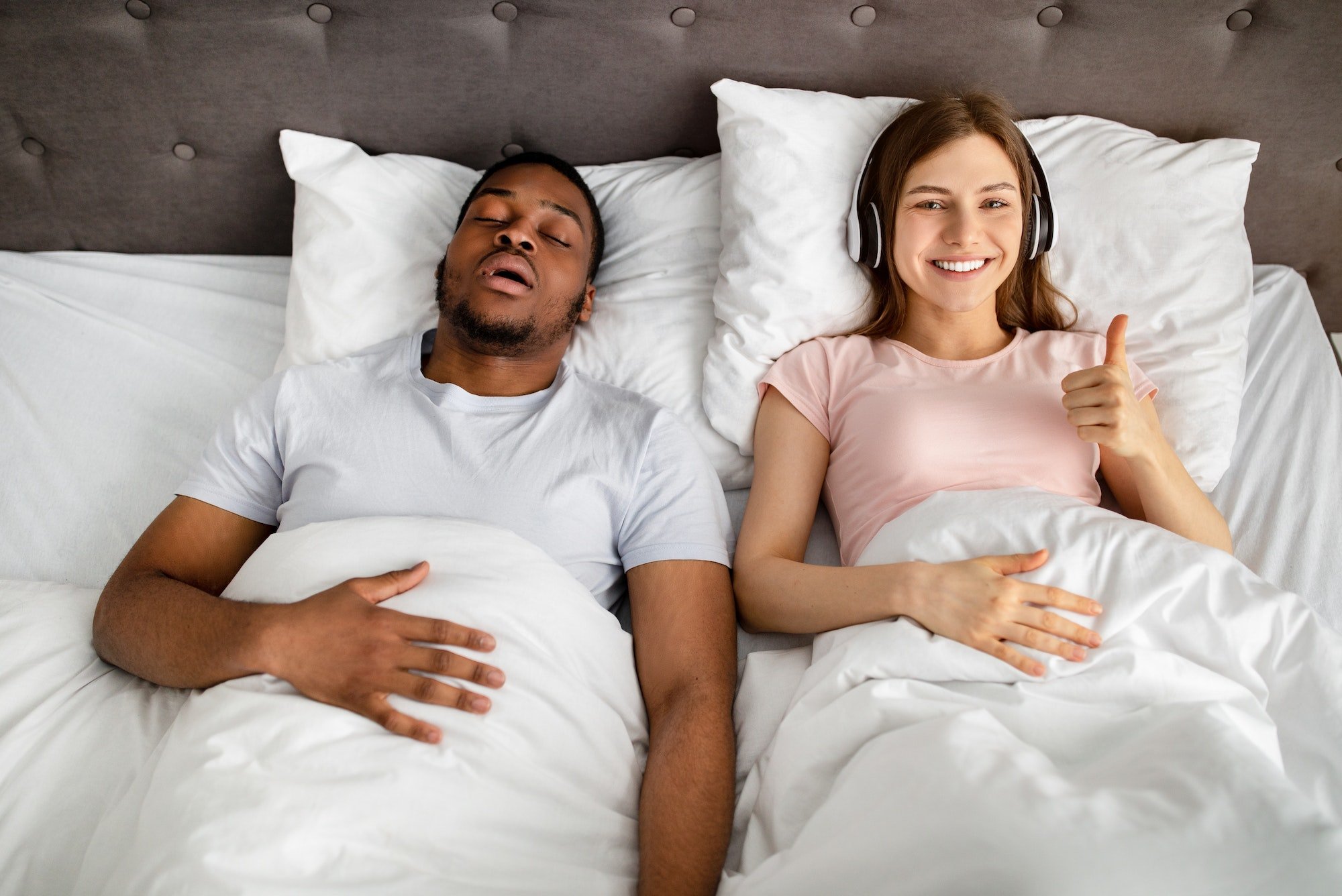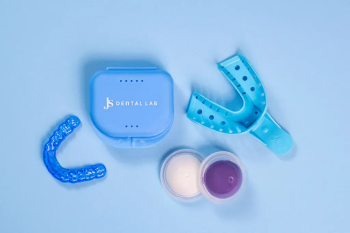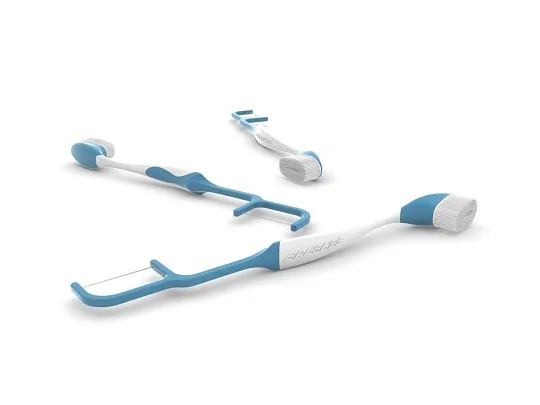Treatments, remedies, and procedures to solve the snoring problem
Does your bedroom sound like a buzzsaw factory at night? You’re not alone. Snoring is super common but also annoying for everyone within earshot – partners, kids, even pets!
Beyond being a nuisance, loud snoring can also signal sleep apnea. This serious disorder causes breathing to pause or turn shallow as you sleep. Definitely worth getting checked out.
The Top 10 Remedies for Snoring Treatment
But don’t worry – whether it’s run-of-the-mill snoring or something more serious like sleep apnea, solutions exist! Here are the most popular and effective solutions for snoring.
🔍 Comparison Table: Snoring Treatments:
| Treatment Type | How It Works | Pros | Cons |
|---|---|---|---|
| Lifestyle Changes | Reducing alcohol, losing weight, side sleeping | No cost, generally healthier living | Requires commitment and discipline |
| Nasal Strips & Sprays | Clear nasal passages to facilitate breathing | Non-invasive, over-the-counter | Temporary solution |
| CPAP Machine | Pushes air through airways to keep them open | Effective for sleep apnea, durable | Bulky, requires getting used to |
| Mandibular Devices | Holds the jaw forward to clear airways | Portable, no electricity required | Can be uncomfortable |
| Surgery | Removes obstructions or modifies airway tissue | Long-term solution | Invasive, potential complications, expensive |
| Pillar Procedure | Places small implants in soft palate | Minimal invasion, quick recovery | May not be effective for everyone |
| Positional Therapy | Ensures sleeping on side | No invasive procedures, simple aids like body pillows | Not suitable for everyone |
| Nightlase | A non-surgical laser beam in multi-sessions | Non-invasive. Nothing to take home | Costly. Not effective for severe cases |
Stopping Snoring Without Surgery
Lifestyle changes

- Stop smoking.
- Avoid alcohol.
- Sleep on your side, not on your back or stomach.
- Don’t sleep with a pillow under your head or between your legs if you’re a woman (it can throw off the alignment of hips and shoulders).
- If you snore loudly when you sleep on one side of the bed, move to another location in the house so that you won’t disturb anyone else in that room when you turn over during slumber time.
Surgery
Snoring surgery may sound like a quick fix, but it should only be a last resort after trying other options. Going under the knife can be invasive, pricey, and even then, not guaranteed to work.
Why the low success rate? Snoring stems from different factors, and surgery can only address some anatomical causes like excess throat tissue. It’s powerless against things like naturally narrow airways.

Even if surgeons remove problematic tissues, post-operation swelling and scarring can re-obstruct breathing passages at night. Airways struggle to stay open long enough to clear properly during sleep.
So exhaust more conservative remedies first. Surgery for snoring often disappoints. And recovery is no fun even in best case scenarios. Try other proven treatments before rolling the surgical dice. Your odds of quieting snores are likely much better without a scalpel!
Weight loss

While snoring is not a disease or condition, it can be a symptom of other underlying problems. In many cases, snoring is caused by excess tissue in the throat and airway and excess body weight. If you think that your snoring may be related to your weight, here are some ways to lose weight and improve your sleep:
- Eat more fruits and vegetables. Fruit juice is often high in sugar, so don’t drink more than one cup daily.
- Eat whole grains instead of white bread or rice daily for breakfast or lunch. Whole grain products contain more fiber which helps you feel full longer without adding calories to your diet because they take longer to digest than simple carbohydrates such as white breads that are made from refined flour products, which have lost all the nutrients from the original plant material they were made from but still contain a lot of starch (carbohydrates). These starchy foods make it easier for people who need help losing weight by reducing hunger pangs between meals, thus making them less likely to overeat at each mealtime because they don’t feel hungry anymore! Eating fewer calories daily helps keep blood sugar levels stable, too; this means fewer spikes throughout each day, leading directly to better quality sleep when combined with proper hydration habits like drinking lots of water while awake during daylight hours!
Weight Loss Tips for Snoring Snoring happens when the soft tissues in your throat relax and block the airway. This causes a vibration that makes sounds similar to snoring but much louder! The best way to reduce or eliminate snoring is through weight loss. The more obese you are, the more likely you’ll snore because there’s extra fat around your neck that can vibrate with each breath; so if you want less noise while sleeping, try losing.
Oral appliances
Oral appliances are a great option for reducing or eliminating snoring. These devices look similar to mouthguards and work by keeping your airway open while you sleep. There are a few ways they achieve this:
- They gently reposition your lower jaw forward. This helps tighten up the tissues in your throat and prevent the vibration that causes snoring sounds.
- They also keep your tongue from falling back and obstructing your airway as you sleep. The device provides a physical barrier.
- Some oral appliances even raise your soft palate to further open and stabilize your airway.
You’ll work with your dentist to get a custom-fitted oral appliance to comfortably achieve optimal jaw and tongue positioning. While not necessarily a cure for all snoring, these devices have proven very effective at reducing or eliminating the disruptive log sawing for many sufferers. And no bulky CPAP machine is needed!
If you’re looking for a simple way to quiet bothersome snoring and improve sleep quality, oral appliance therapy should be high on your list to discuss with your physician or dentist. Sweet dreams could be ahead!
Nasal dilators
Nasal dilators are plastic tubes that you insert into your nostrils to keep them open. They’re often used as a treatment for obstructive sleep apnea and snoring.
Nasal dilators work by gently expanding the nostrils, making it easier to breathe through them at night. The exact mechanism is not well understood, but it’s thought that they either relieve nasal congestion or simply prevent the nasal passages from collapsing when you breathe in (as they would with a stuffy nose).
If you have any questions about getting or using nasal dilators, consult your doctors and follow their instructions carefully.
Once you get used to using them, these devices can be effective at reducing snoring—but there are some important caveats:
Nightlase
NightLase is a relatively new snoring treatment that uses laser technology to tighten up the soft tissues in your mouth and throat that can vibrate and cause snoring. Here’s how it works its magic:
The doctor inserts a laser wand into your mouth and delivers pulses of laser energy to portions of the soft palate and uvula. The lasers essentially heat up the tissues, which stimulates the formation of collagen – the protein that gives structure and elasticity.
Over a few treatments, the added collagen makes those tissues stiffer and less prone to the vibration that creates loud snores. But the laser doesn’t overly tighten the area – you still maintain flexibility to open your mouth and eat normally.
Now what makes NightLase unique is that it can treat multiple areas beyond the soft palate that contribute to snoring. The doctor can also target the tonsils, tongue, and nasal passages – enlarging narrowed airways for quieter breathing.
Other laser procedures like the Pillar Procedure only treat the soft palate. With NightLase, the doctor has more flexibility to address your specific snoring causes beyond just palate flutter.
While not necessarily a standalone cure, NightLase provides noticeable improvements in snoring volume and frequency for many patients. If other options haven’t helped quiet the log sawing, ask your doctor if this promising new laser therapy may be right for you.
CPAP machine
Ever wonder what CPAP stands for? It’s continuous positive airway pressure. Essentially it’s a bedside machine that pumps a stream of air through a face mask to keep your breathing passages open while you sleep.
CPAP is often used to treat obstructive sleep apnea, which happens when throat muscles relax so much they collapse, completely blocking airflow. Sufferers awaken gasping for breath as oxygen levels drop.
The pressurized air from the CPAP prevents those airway tissues from caving in. This allows you to keep breathing smoothly all night and actually get some restorative sleep.
While CPAP takes some mask adjustment, it provides relief for millions of people with sleep apnea. Air blows in, throat stays open, and you saw logs no more! If you have moderate to severe sleep apnea, talk to your doctor about CPAP. It could be the solution you’ve been dreaming of.
Radiofrequency ablation (RFA)
- Radiofrequency ablation (RFA) is a minimally invasive procedure that can be performed in the office of an ear, nose, and throat specialist.
- RFA is often a long-term solution for people who snore due to a narrow airway or stiff tongue.
- Known side effects include sore throat and dry mouth after your procedure.
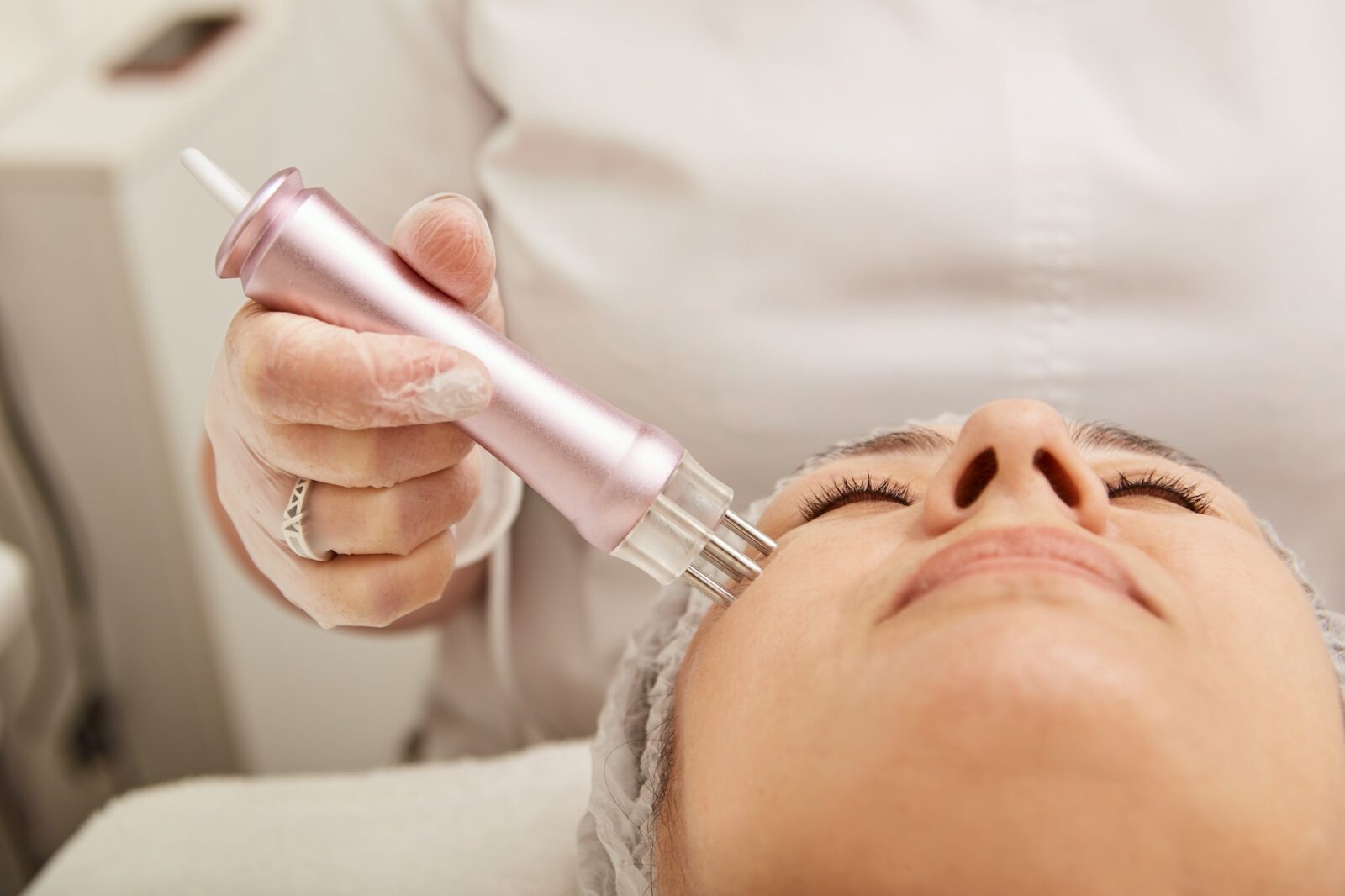
There are many options for treating snoring.
There are many options for treating snoring, including lifestyle changes, surgery, weight loss, and oral appliances.
Lifestyle Changes: Lifestyle changes may be the most affordable way to reduce snoring. Light exercise before bedtime can help you sleep better. Try not to eat a heavy meal within an hour of going to bed because it will make you more drowsy as you try to fall asleep. Smokers should quit smoking (or at least cut down on how much they smoke) because nicotine causes relaxation of muscles in the throat that causes increased snoring problems for some people. Alcohol should also be avoided close to bedtime since alcohol is a stimulant that can keep you awake longer than usual when consumed near bedtime. Also, avoid sleeping on your back if this position makes your breathing worse because it is harder for someone who sleeps on their back or stomach than someone who sleeps on one side or another (or their back with pillows supporting them).
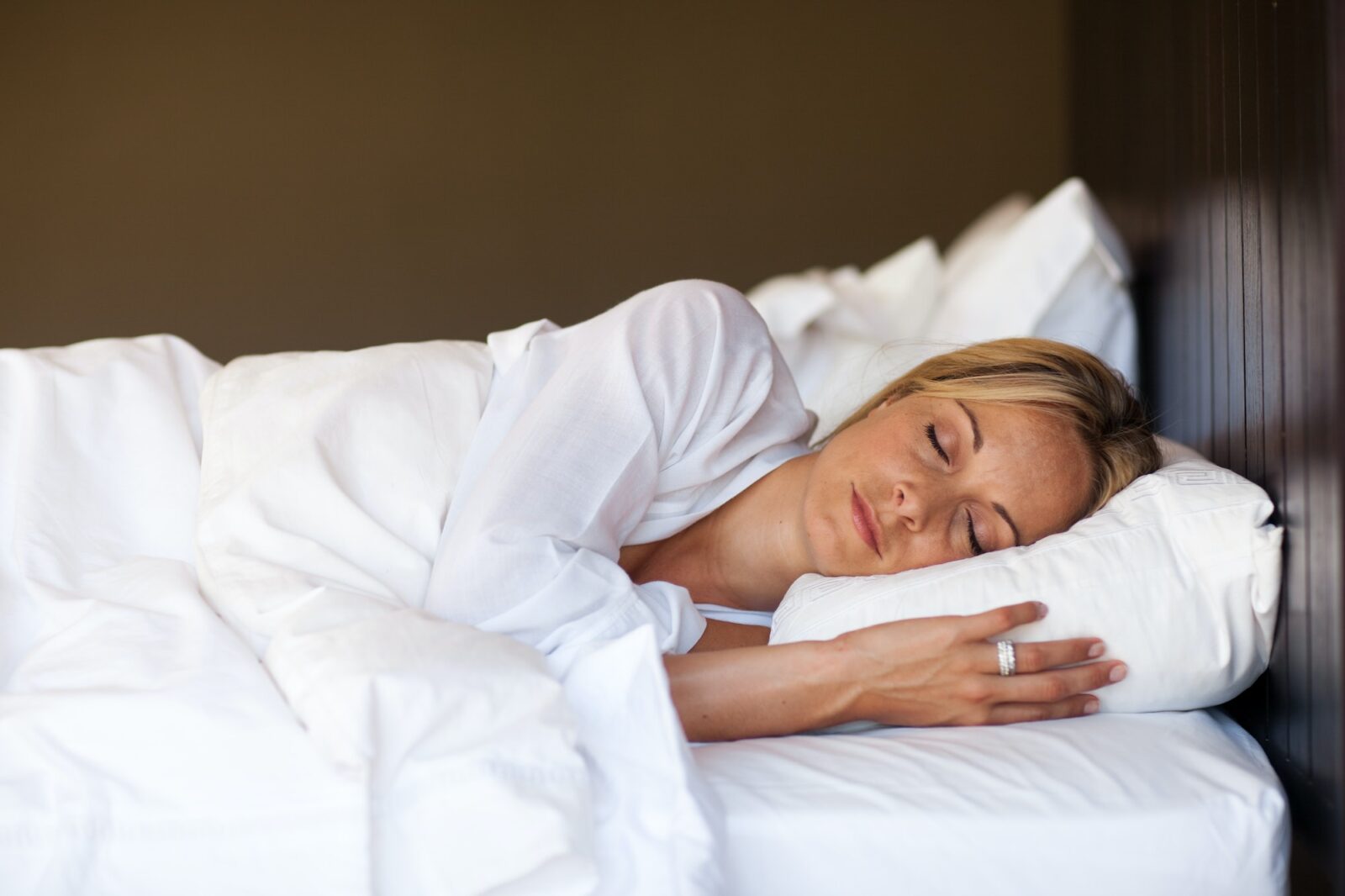
Surgical Treatments: Surgical treatments come with risks and costs but may be necessary in some instances where other therapies have failed or cannot be used effectively by the patient due to health reasons such as diabetes type II disease, which can prevent oral appliance use without causing further complications related specifically towards blood sugar levels fluctuating too high overnight while using one type of medical device over another one which requires higher levels of insulin injections throughout each day so instead opts out entirely from using any kind at all – even though they knew priorly what risks might exist simply based off past experiences – thus eliminating all possible remedies whatsoever including those involving CPAP machines which cost thousands each year just
Conclusion
Many options are available if you’re suffering from snoring and looking for treatment. Lifestyle changes can help reduce snoring symptoms, but surgery may be your next step if they aren’t enough. Oral appliances can help treat mild cases of snoring, but other devices work by repositioning or expanding your airway. If these treatments don’t work either, then nasal dilators might be an option before resorting to more invasive methods like RFA or CPAP machines which can sometimes be effective but also come with side effects such as dry mouth or nosebleeds (which you should discuss with your doctor beforehand!).
